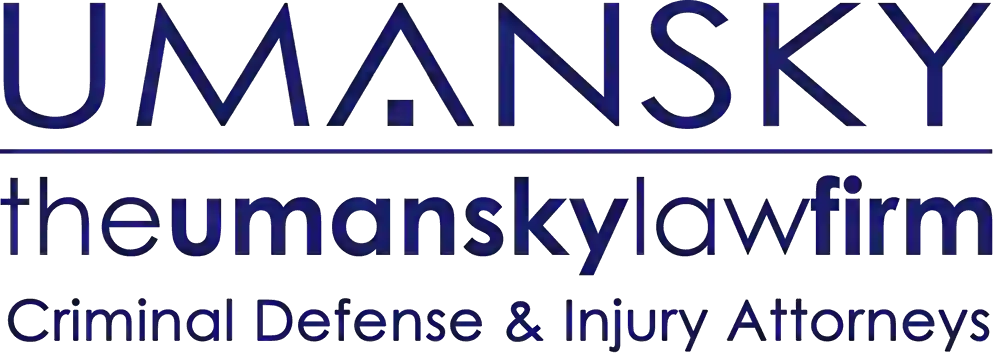As former Florida prosecutors, we’ve tried hundreds of cases and bring a rare insider’s perspective to every defense. We understand how cases are built on both sides, which helps us negotiate more effectively, positioning each case for the strongest possible outcome.
Some states have taken measures in recent years to reduce the severity of drug possession offenses and sometimes even decriminalize or legalize certain controlled substances. However, Florida’s drug laws are largely the same now as they have been for years. This means that being accused of possessing any amount of a controlled substance can result in serious criminal consequences. There are even harsher sanctions available upon conviction for drug distribution or possession with intent to distribute.
No matter what specific charge you are dealing with, assistance from a Belle Isle drug lawyer could make a tremendous difference in how effectively you can fight back against your criminal prosecution. A seasoned defense attorney’s guidance can be key to building a strong defense strategy tailored to your unique circumstances, and to minimizing the penalties you may face if your case ends with a guilty finding or plea.
The Umansky Law Firm handles drug cases involving meth, cocaine, fentanyl, LSD, heroin, oxycontin, and many more.
Most of the time, Florida courts prosecute allegations of illegal drug possession under Florida Statutes § 893.13. The severity of the offense depends largely on what “schedule” a particular substance falls under, as defined by Fla. Stat. § 893.03. Offenses involving Schedule I drugs (thought to have no professionally accepted medical use and a high potential for abuse) are prosecuted more harshly than Schedule II drugs. The higher the Schedule number, the less harsh the punishments are, up to Schedule V substances which have legitimate medical uses and a relatively low potential for abuse.
In order to convict someone of unlawfully possessing a controlled substance for personal use, the prosecution must establish that the defendant knowingly possessed the substance in question and that the defendant was aware of the substance’s nature. In other words, if the prosecution cannot prove beyond any reasonable doubt that someone knew they had a substance which they also knew was an illegal drug in their possession, they cannot convict that person of a drug possession offense. A skilled Belle Isle drug attorney could potentially help build a defense strategy around this aspect.
If someone possessed a large amount of a controlled substance, law enforcement authorities may assume the possessor had an “intent to distribute” that drug to other people. They can then arrest and prosecute that person based on that assumption. The amount of a drug required to justify this kind of assumption varies across different substances. For example, someone generally must be found with either 300 plants or 25 pounds of marijuana for law enforcement to charge them with intent to distribute or engage in trafficking of that substance, whereas the minimum amount of cocaine to bring this outcome about is just 28 grams.
Alternatively, law enforcement may take note of paraphernalia like scales, individual baggies, large amounts of cash, and other items that may indicate large-scale drug distribution. They can then use that as evidence to pursue harsher sanctions for drug trafficking rather than the lighter penalties associated with simple possession. Support from a seasoned drug defense lawyer can be especially vital to fighting these charges in Belle Isle.
Even if you have no past criminal convictions, a single drug-related charge in Florida could alter your whole life. The quality of legal counsel you retain while facing allegations can dramatically affect how effectively you can defend yourself in the short term, and what impact your charges might have on you for years to come. A conversation with a Belle Isle drug lawyer could give you answers to important questions and guidance about next steps to take. Call us today to set up a meeting.
The Umansky Law Firm Criminal Defense & Injury Attorneys

The Umansky Law Firm Criminal Defense & Injury Attorneys
